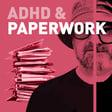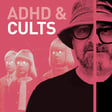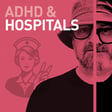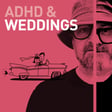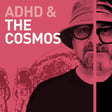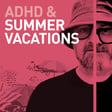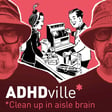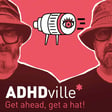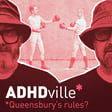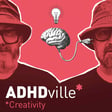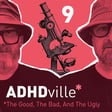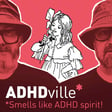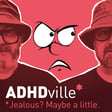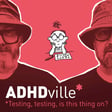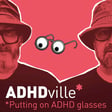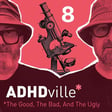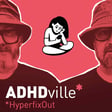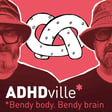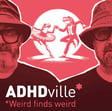
Episode 75 - Jenny Lucas on ADHD and the Power of Sonder
Join hosts Martin and Paul in ADHDville as they welcome Jenny Lucas, a late-diagnosed ADHDer and autism advocate, for a heartfelt and thought-provoking conversation. This episode dives into the concept of Sonder—the profound realization that every stranger has a life as vivid and complex as your own—and how it connects to ADHD and neurodivergence.
Jenny shares her journey of discovering her ADHD and autism diagnoses in 2022, the challenges of navigating life undiagnosed, and how she’s now helping others through coaching, her podcast (Autism, ADHD, and Us Three), and her upcoming book. Together, they explore how empathy and self-awareness can transform relationships and self-perception. also, the importance of community for late-diagnosed adults and the power of sharing stories.
Tune in for a mix of humor, insight, and raw honesty as Jenny, Martin, and Paul reflect on the complexities of ADHD, the beauty of human connection, and why understanding Sonder can change the way we see the world.
Links to all things Jenny
See our beautiful faces on YouTube
Put quill to paper and send us an email at: ADHDville@gmail.com
ADHD/Focus music from Martin (AKA Thinking Fish)
Theme music was written by Freddie Philips and played by Martin West. All other music by Martin West.
Please remember: This is an entertainment podcast about ADHD and does not substitute for individualized advice from qualified health professionals.
